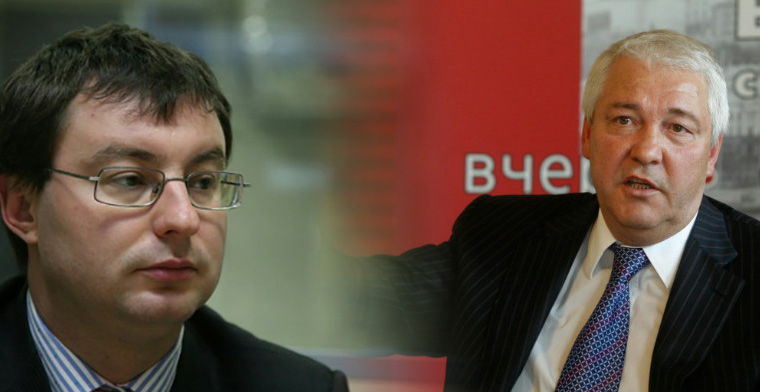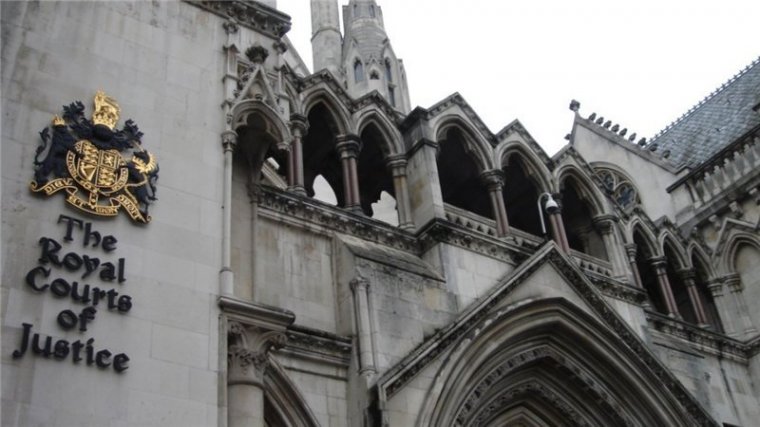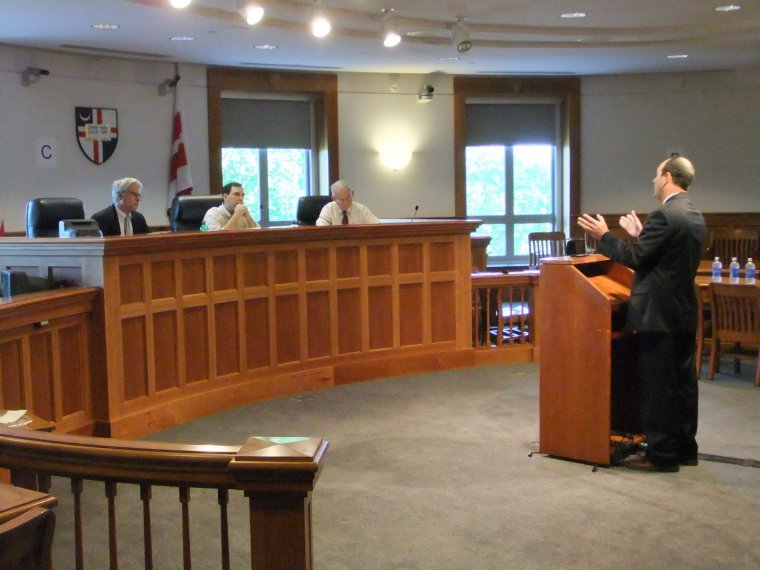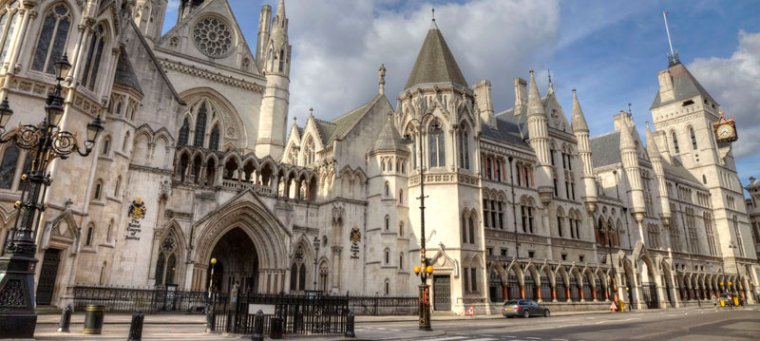Justice Hildyard of the High Court of England and Wales continues proceedings on suit of Bank St. Petersburg vs Russian businessman Vitaly Arkhangelsky and Arkhangelsky's counterclaim against the bank.
On Monday, March 21, four-day cross-examination of the former chairman of the Bank's board Alexander Savelyev was finished.
One of the focal points of the cross-examination was the sale of Arkhangelsky's OMG assets. Savelyev denied that in December 2008, they reached an agreement on the restructuring of the Group's debts and a six-month moratorium on payments due to the Bank. "I do not remember any such agreement," Savelyev said. "I do not believe that there was any agreement. In any case such agreement would have required the ratification of the Bank Management Board."
Arkhangelsky's representative suggested that the parties reached a preliminary agreement on a moratorium, and Savelyev promised to settle all the formalities. Otherwise, Arkhangelsky's decision to increase the collateral for the OMG loans transferring to the Bank the shares of Scandinavia insurance company and the Western Terminal seems illogical. Savelyev reiterated that he "did not force Arkhangelsky" to transfer the shares for the subsequent repo transaction.
After the board meeting, in late December 2008, the parties signed a memorandum with regard of the repo transaction. The deal included the possibility of buy-back after OMG fulfilled its obligations to the bank. The assets were sold at auctions and bought by Solo, Mercury and Contour companies linked to either the BSP or Renord Group. One of Renord divisions, the Renord-Invest, worked at one of the BSP offices.
Answering the questions about the assets sale price that was significantly lower than the market prices Savelyev cited the lack of liquidity during the global financial crisis, when "no one was buying any assets." He called a "miracle" the fact that the Bank managed to sell them and receive some money.
Some OMG assets were sold through the Russian auction house whose director Andrey Stepanenko who worked at Valentina Matvienko's administration. According to Arkhangelsky, Stepanenko told him that Matvienko personally asked to arrange the sale. Savelyev flatly denied that saying that Matvienko was a "serious politician" who had never been interested in commercial projects.
via sovetnik.eu
On Monday, March 21, four-day cross-examination of the former chairman of the Bank's board Alexander Savelyev was finished.
One of the focal points of the cross-examination was the sale of Arkhangelsky's OMG assets. Savelyev denied that in December 2008, they reached an agreement on the restructuring of the Group's debts and a six-month moratorium on payments due to the Bank. "I do not remember any such agreement," Savelyev said. "I do not believe that there was any agreement. In any case such agreement would have required the ratification of the Bank Management Board."
Arkhangelsky's representative suggested that the parties reached a preliminary agreement on a moratorium, and Savelyev promised to settle all the formalities. Otherwise, Arkhangelsky's decision to increase the collateral for the OMG loans transferring to the Bank the shares of Scandinavia insurance company and the Western Terminal seems illogical. Savelyev reiterated that he "did not force Arkhangelsky" to transfer the shares for the subsequent repo transaction.
After the board meeting, in late December 2008, the parties signed a memorandum with regard of the repo transaction. The deal included the possibility of buy-back after OMG fulfilled its obligations to the bank. The assets were sold at auctions and bought by Solo, Mercury and Contour companies linked to either the BSP or Renord Group. One of Renord divisions, the Renord-Invest, worked at one of the BSP offices.
Answering the questions about the assets sale price that was significantly lower than the market prices Savelyev cited the lack of liquidity during the global financial crisis, when "no one was buying any assets." He called a "miracle" the fact that the Bank managed to sell them and receive some money.
Some OMG assets were sold through the Russian auction house whose director Andrey Stepanenko who worked at Valentina Matvienko's administration. According to Arkhangelsky, Stepanenko told him that Matvienko personally asked to arrange the sale. Savelyev flatly denied that saying that Matvienko was a "serious politician" who had never been interested in commercial projects.
via sovetnik.eu





